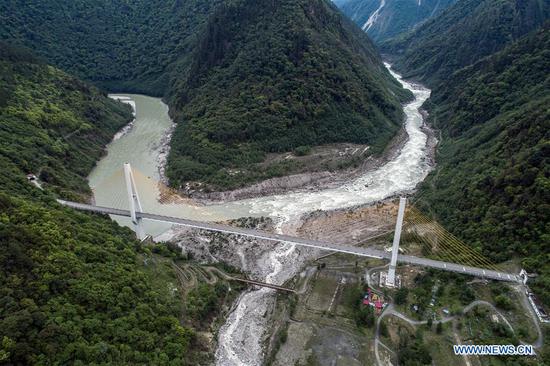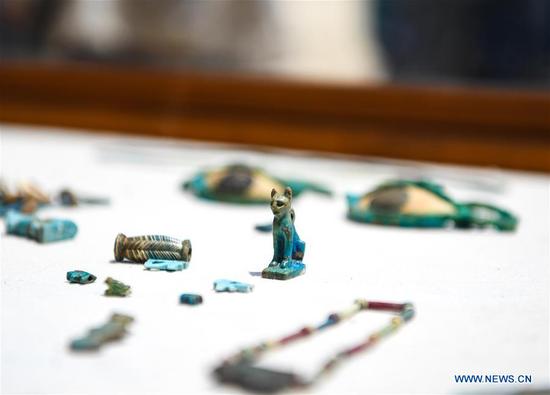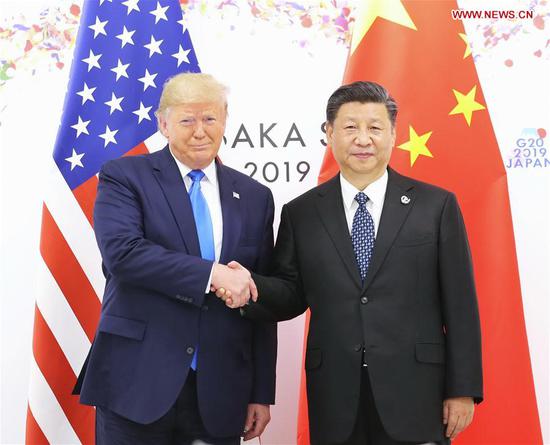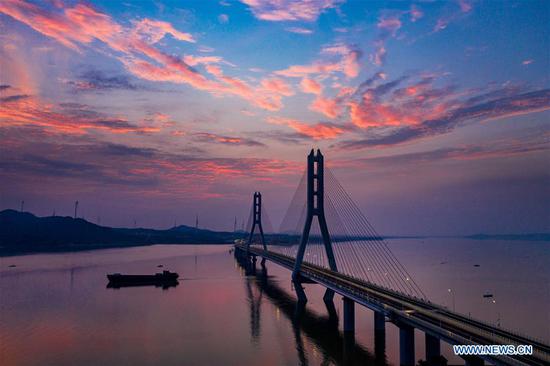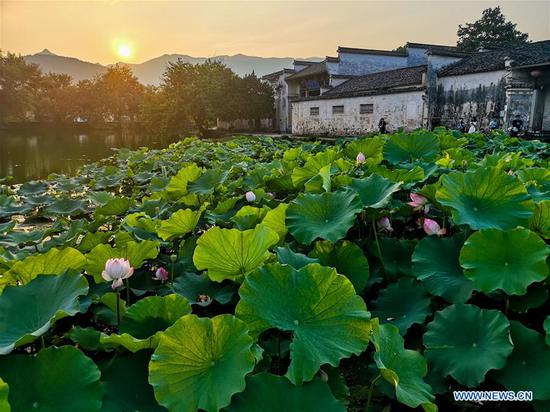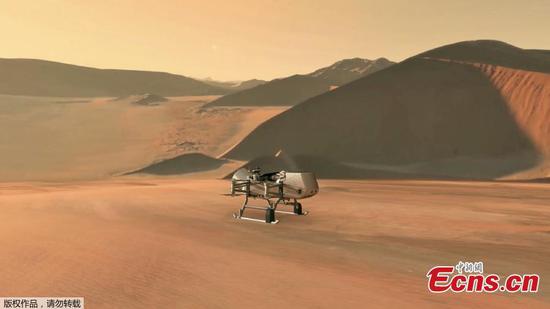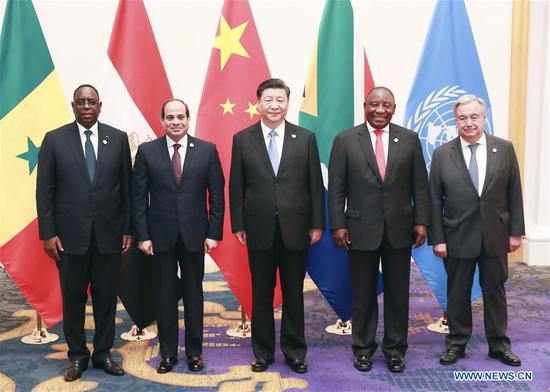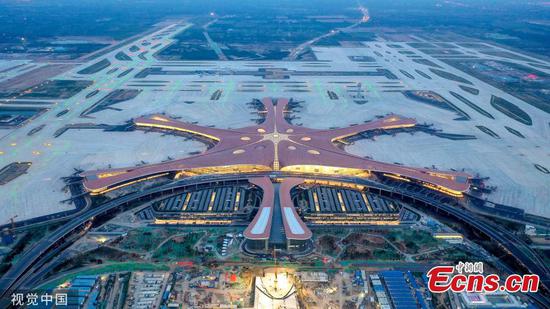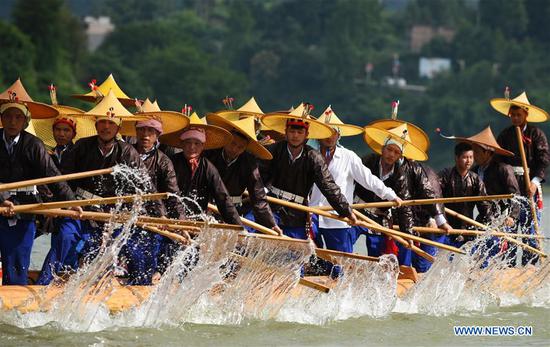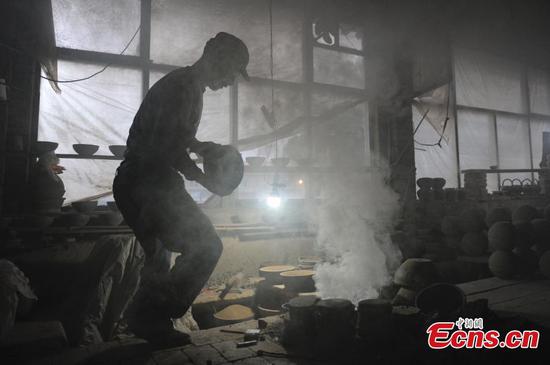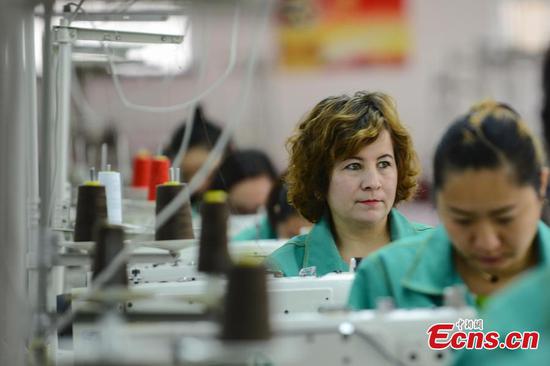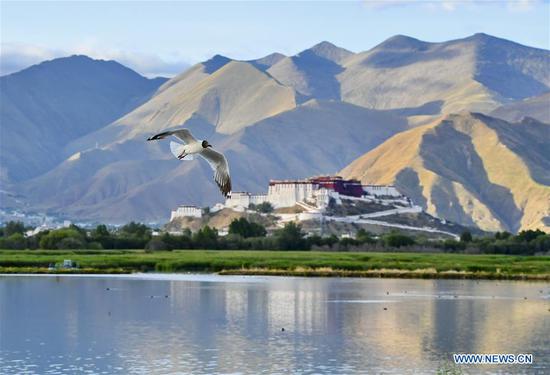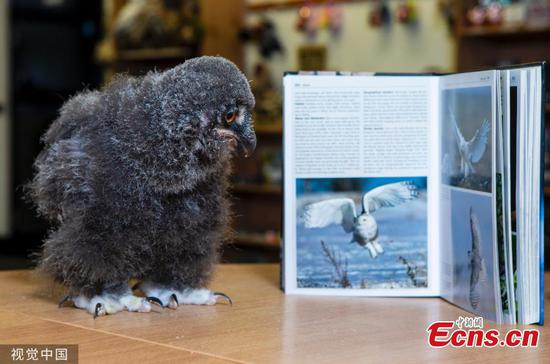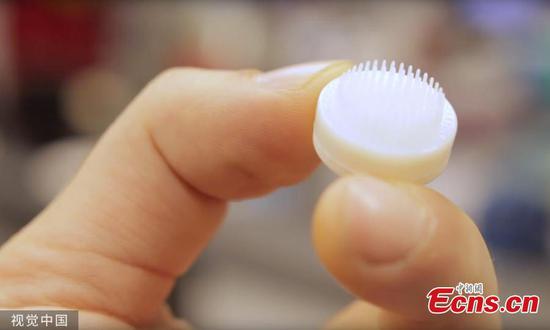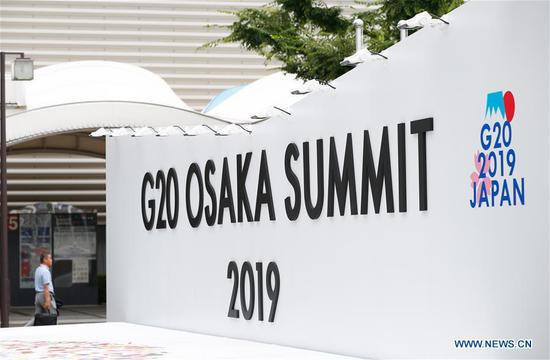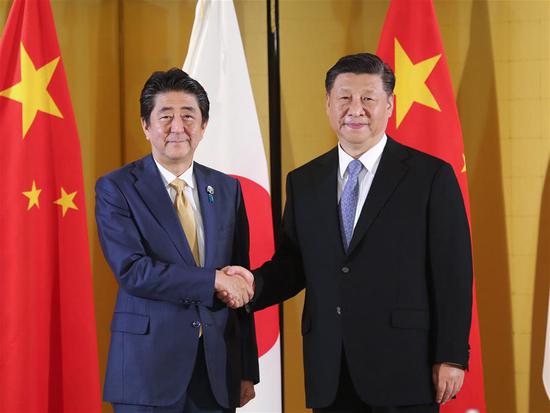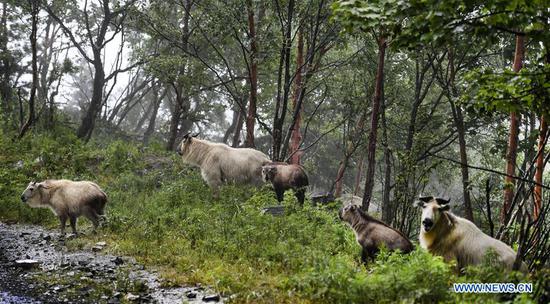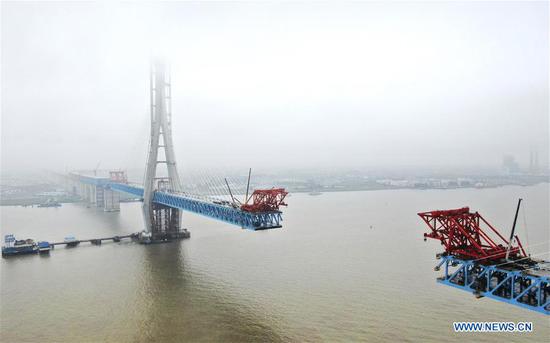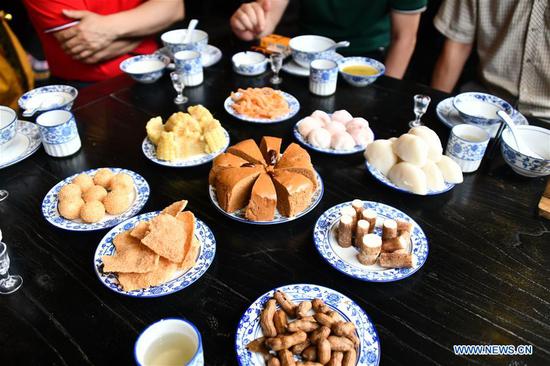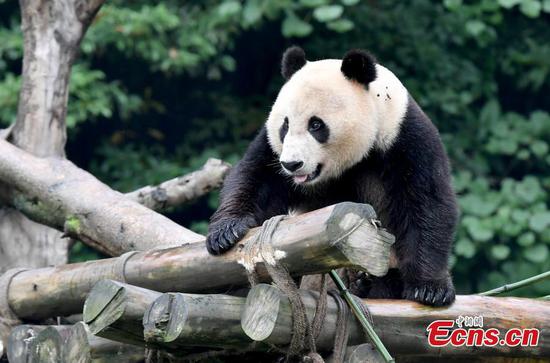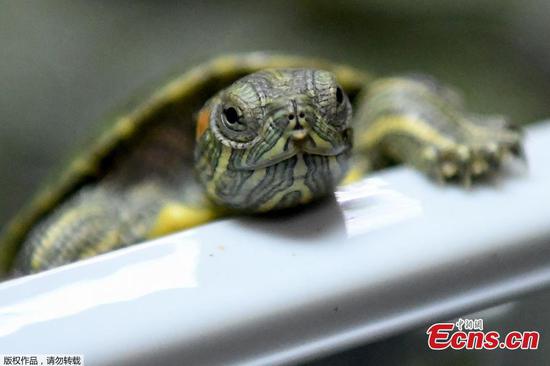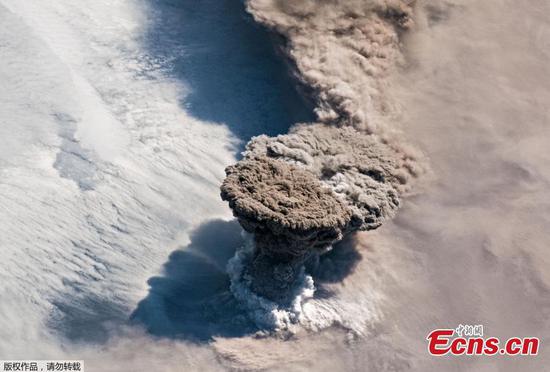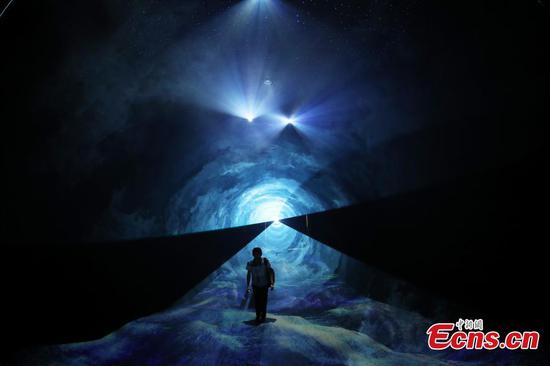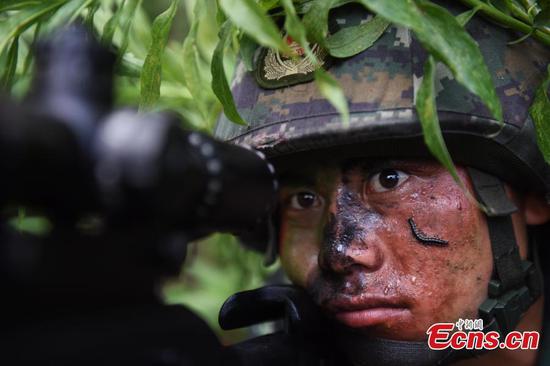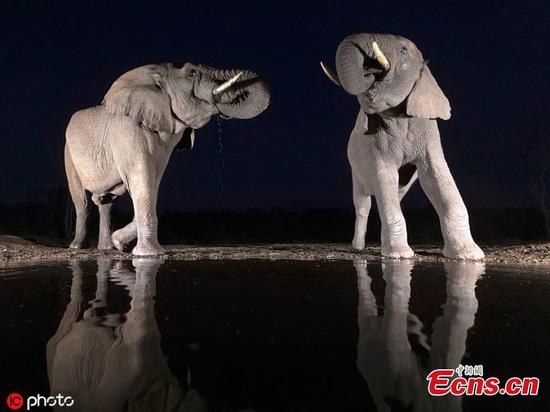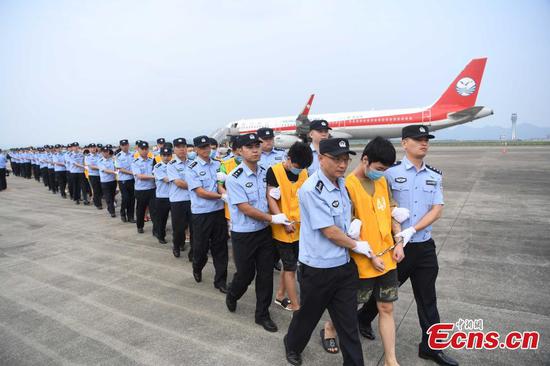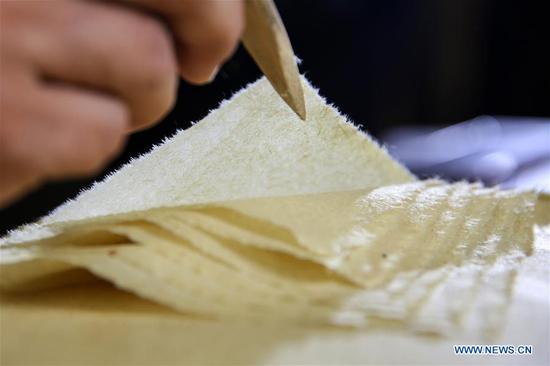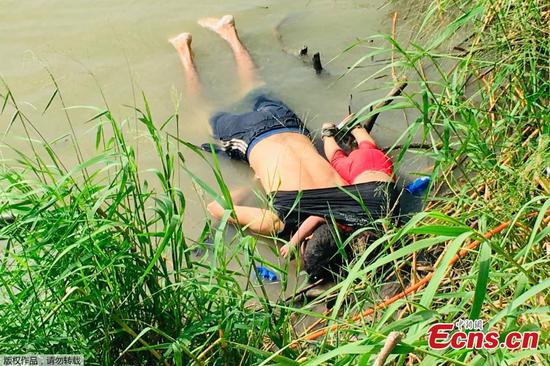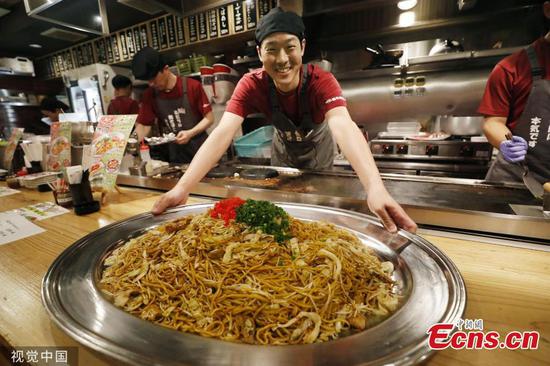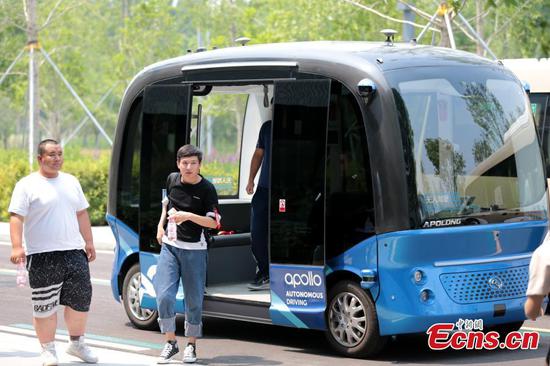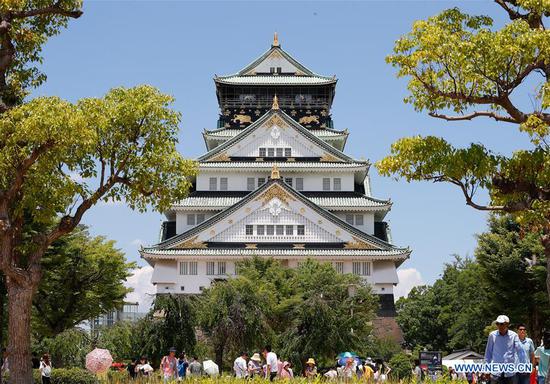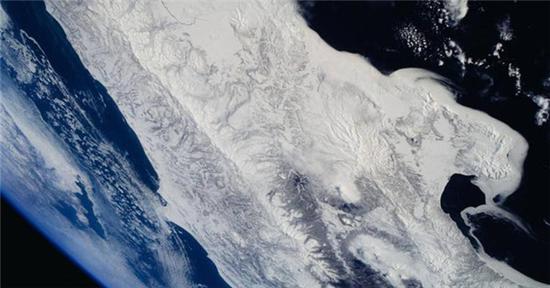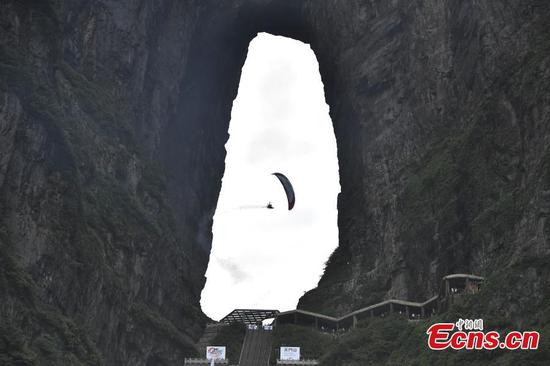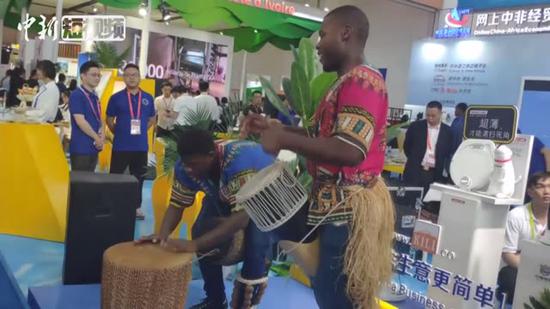The deal will save European companies over $4.52 billion in tariffs at the border
European Union leaders hailed their "historic" free trade agreement with a South American trade bloc Mercosur, reached on Friday after 20 years of talks, despite strong opposition from some in the farm sector and environment groups.
The agreement covers a population of 780 million and will save European companies more than 4 billion euros ($4.52 billion) in tariffs at the border, four times as much as EU-Japan free trade agreement that went into force on Feb 1, according to an announcement by the European Commission.
Mercosur includes four countries: Argentina, Brazil, Paraguay and Uruguay. It has a population of 264 million with a GDP about one-eighth that of the EU.
The four Mercosur governments, the 28 EU national governments and the European Parliament must ratify the deal before it takes effect.
"I measure my words carefully when I say that this is a historical moment," European Commission President Jean-Claude Juncker said.
"Today's agreement brings Europe and South America closer together in a spirit of cooperation and openness," said European Commissioner for Trade Cecilia Malmstrom.
Under the deal, EU exports will enjoy sharp tariff reductions on goods such as cars, wine and other industrial goods, as Mercosur is committing to withdraw current high tariffs on cars (35 percent), machinery (up to 20 percent) and chemicals (up to 18 percent).
Mercosur, established in 1991 and headquartered in Montevideo, Uruguay, aims to increase exports of farm products. The four countries will get a new total 99,000-ton quota of beef at a 7.5 percent tariff, phased in over five years, along with tariff-free 180,000 ton quotas each for sugar and poultry exports.
The EU is among Mercosur's top trade and investment partners and the first major partner to ink a trade deal.
Mercosur leaders praised the deal. Brazilian President Jair Bolsonaro said on Twitter that the deal was historic and one of the most important trade agreements of all time. Argentine President Mauricio Macri said that it would "contribute enormous benefits to Argentine workers and companies". Paraguayan President Mario Abdo and the Uruguayan government also welcomed the deal.
However, farmers in France and some other EU member states have expressed concern about the possible negative impact of a sharp rise in beef and sugar imports from the Mercosur countries.
Copa-Cogeca, a union representing farmers at EU level, criticized the deal on Twitter. "The imports of #Mercosur's agricultural goods will de facto establish double standards and unfair competition for some key European production sectors, putting their viability at stake," it said.
EU Agricultural Commissioner Phil Hogan said that he recognized the concerns of farmers, including from his country of Ireland, but he expressed that the agreement as a whole was opening markets for EU farmers.
The EU and Mercosur launched their negotiations 20 years ago. They stepped up their efforts to strike a deal after U.S. President Donald Trump's presidential victory prompted the EU to freeze talks with the U.S. on the Transatlantic Trade and Investment Partnership trade pact and look for other global trading allies.
Since 2014, the EU has concluded trade agreements with 15 countries, including Japan and Canada. "This agreement adds four more countries to our impressive roster of trade allies," said Malmstrom.









